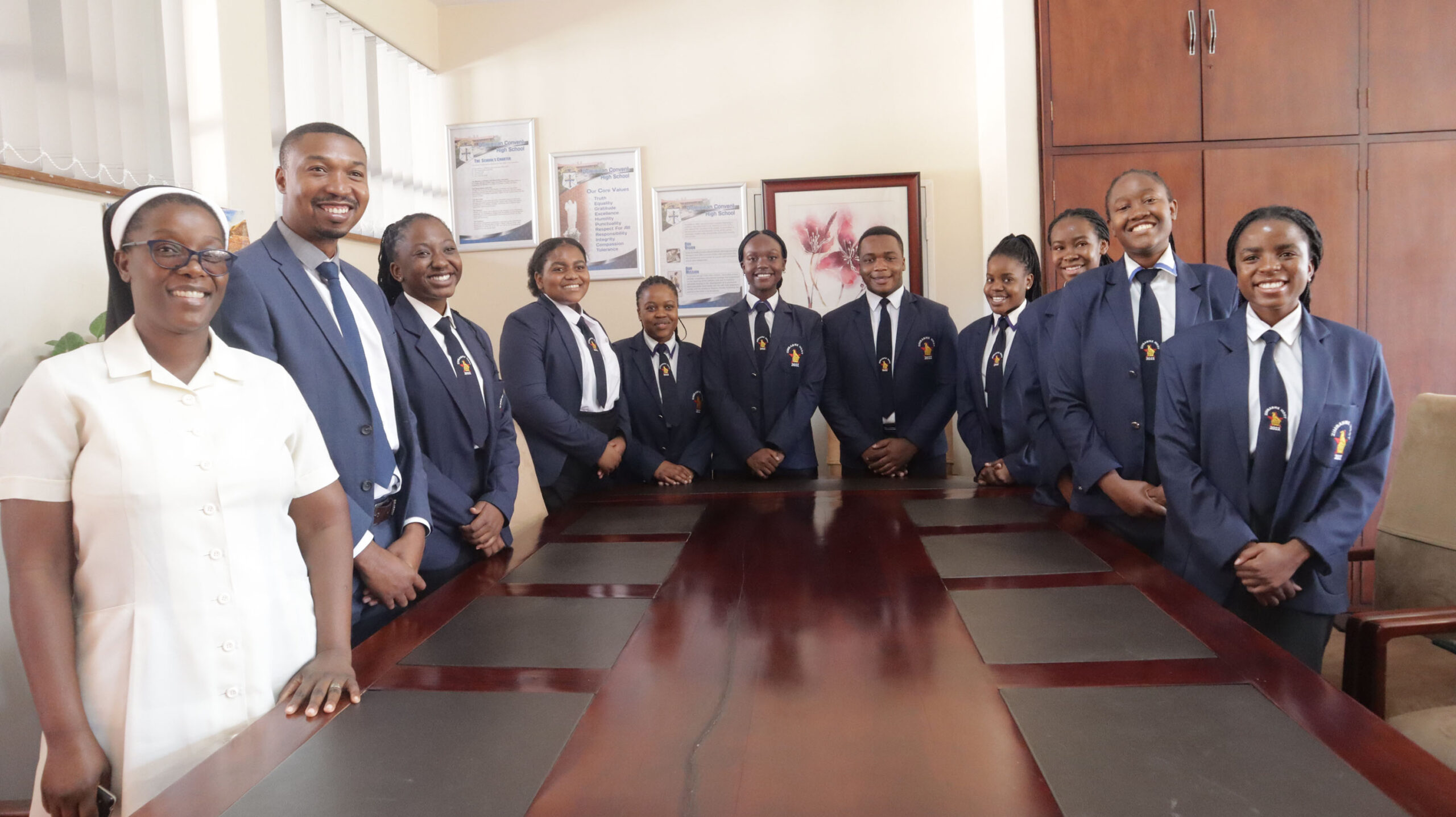
By Paidamoyo Muzulu LAST week, Zimbabwe’s high schools moot court team conquered the world, triggering a deluge of congratulation messages on social media and even from Cabinet. However, the team’s triumph while welcome masks the poor state of education, particularly in public schools where the majority learn.
In a short four weeks, the high schools moot team has put Zimbabwe on the map. It has brought us back into the international news cycle and all for good reasons.
All and sundry, including the government, wanted to bask in the sunshine of these students. It is very true, success has many fathers and failure is an orphan.
The success was sweet news, an oasis in a desert, that our leaders found time to discuss it in Cabinet. Remember, this is a Cabinet that sat when the country was burning, civil servants threatening to go on industrial action, the economy still blighted by the twin evils of inflation and spiralling exchange rate against the greenback.
In a statement, Cabinet said: “The nation is informed that the Zimbabwean moot team competed in the 2022 Euro Moot Court Competition finals against Netherlands and came first. Cabinet is proud of this achievement and joins the nation in congratulating our students for raising the Zimbabwean flag high and putting Zimbabwe on the world map.”
It does not need much to burst this bubble. Let us look at which schools made up the team. They came from independent trust schools — Dominican Convent, Peterhouse, Midlands Christian College and Arundel. These are top independent schools where it costs a limb and an arm to send one’s kids. They study the United Kingdom Cambridge syllabus and the only thing about Zimbabwe in them is that they are geographically located within its borders.
While this needs a celebration, it is also a time to reflect on the state of education in the country.
Zimbabwe’s education has been on the decline in terms of standards. Thousands of students at public schools are leaving class without the skill to read and write. We have a woeful pass rate of 26% at Ordinary Level. A big 74%, nearly three in four, do not get the minimum five Ordinary Level passes that are the prerequisite to further one’s studies.
- Chamisa under fire over US$120K donation
- Mavhunga puts DeMbare into Chibuku quarterfinals
- Pension funds bet on Cabora Bassa oilfields
- Councils defy govt fire tender directive
Keep Reading
The majority of public schools neither have a full complement of qualified teachers nor enough reading material and other resources. All the teachers are demoralised and are either planning for industrial action or a side hustle to keep body and soul together. This is a recipe for disaster.
The fact that the moot court team had only students from private schools calls us to gaze under the microscope what happened to public schools in rural areas that produced scholars of high pedigree like Professors Arthur Mutambara, Lovemore Madhuku, Admire Mare and Miles Tendi, among others. It is indisputable that these men of letters went to public schools.
There are several others that are good academics and business executives that went to mission schools such as Hartzell, St Augustines, Gokomere and a government school like Goromonzi. Is it that public schools no longer have the resources to have debate clubs? Surely, this is sad considering that debating simply needs a decent library for students to study, a grasp of the English language to express oneself eloquently and the enthusiasm of the students and staff.
The government and Primary and Secondary Education ministry should be ashamed of itself. Zimbabwe is in the doldrums. It is now a fact that even for sporting excellence, the country will ride on the back of private schools. Look at which schools have produced swimmers, divers, cricketers, tennis stars and rugby, the sports that have put Zimbabwe on the world map?
The government reaction to the moot court team achievements belie some sense of relief to a regime that preaches — Zimbabwe is open for business. A regime that believes in privatisation of public services and thinks privatisation is a panacea for everything. This is a government that believes in subcontracting its responsibilities to private players, a great reversal to our independence ideals.
It is important that the country should re-imagine public education, the only vehicle that can transform the lives of ordinary people. Does Zimbabwe need to produce students who are only academic but failures in other social things? What has happened to the extra-curricular activities in public schools?
The government should be pushed to allocate more resources to education for reading and learning materials, sports and other extra-curricular activities and deploy qualified staff who are well remunerated for their services.
Keeping on the current trajectory is detrimental for social cohesion. It would entrench separate development for the rich and poor and inversely widens the gap between the two classes within a generation. It is a fact that those from private schools will dominate executive positions in both private and public sectors, if not the government too.
This has been the case and is still the case in countries like the United Kingdom and United States. For the UK, most of their public leaders are former Eton and Oxbridge while in the States side they mainly come for the Ivy-league universities. It is not a coincidence that these countries are battling social inequalities and upheavals of late.
In conclusion, yes, it is important to celebrate the success of the moot court team, but it should also be a moment we reflect on the public education system as a whole. What do we want it to achieve? Is it to produce mere hewers of wood and drawers of hood or that they should also fit in and become leaders in both private and public sectors? The time is now or else it would be too late and a generation lost.











